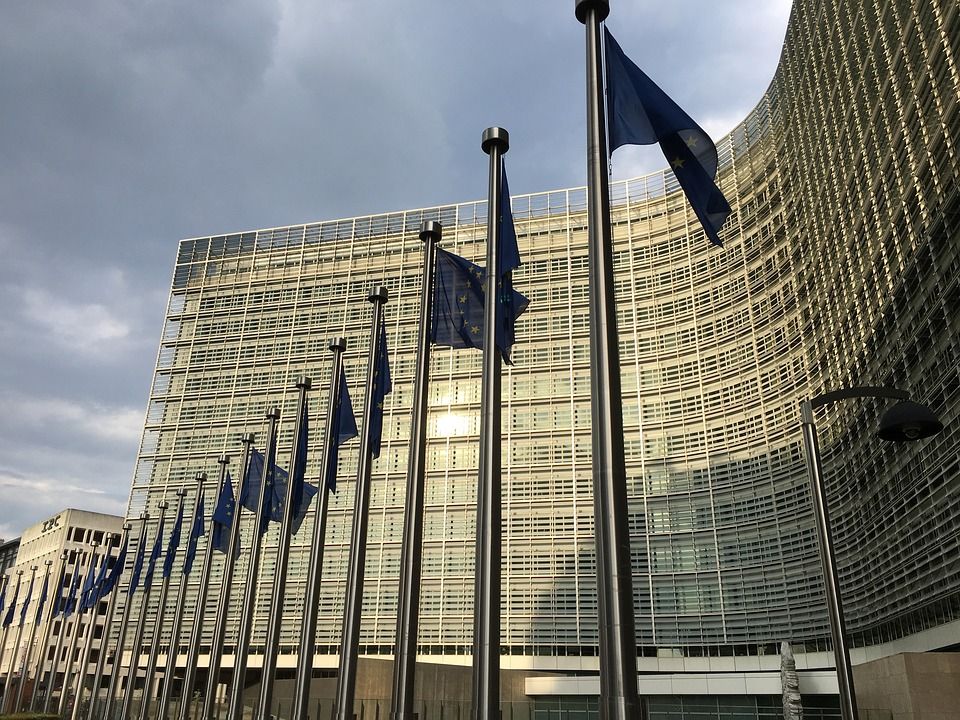EU reveals new strategy for more resilient cities across the world
The European Union (EU) has presented its new strategy for resilience building to help prepare vulnerable states and cities for future disruption from long-term pressures, including climate change

The European Union (EU) has presented its new strategy for resilience building to help prepare vulnerable states and cities for future disruption from long-term pressures, including climate change.
The strategy – which was announced on Wednesday 7 June – aims to move from crisis containment to a more structural and long-term approach to global challenges such as climate change, environmental disasters, and mass migration.
The European Commission’s strategy places significant emphasis on "anticipation, prevention and preparedness" in order to support states, societies, communities and individuals in adapting to growing and increasingly long-term pressures.
Federica Mogherini, High Representative of the Union for Foreign Affairs and Security Policy and Vice President of the Commission, said: "One fourth of the world's population lives in fragile States or societies. We want to prevent these fragile situations from turning into new wars, new humanitarian catastrophes, or new refugee crises. This is what we call resilience.”
She went on to say: “This Communication will help us coordinate an impressive set of different tools, that only the European Union can mobilise: from humanitarian aid to incentives for private investments, from climate action to military missions. It is a forward-looking, truly integrated approach - the only one that can work, in the complex world of today. It is the European way to peace, security and human development."
The new strategy promises to continue the support of domestic efforts in its partner countries to strengthen resilience, in addition to providing support to bilateral initiatives including sharing research into effective resilience strategies.
The European Commission hopes that through its new strategy, stability can be strengthened in areas where a combination of political unrest, extreme weather and long-term changes to the climate are fuelling volatility and violence.
Never miss an update by signing up to our free newsletter here.






